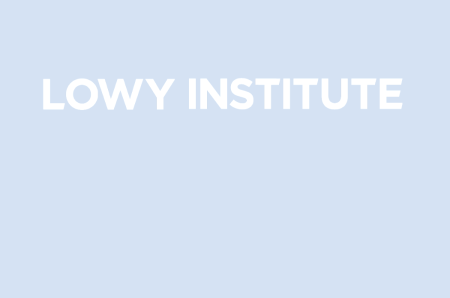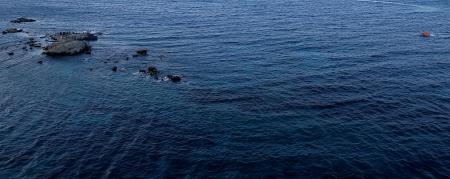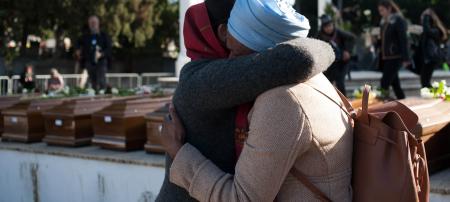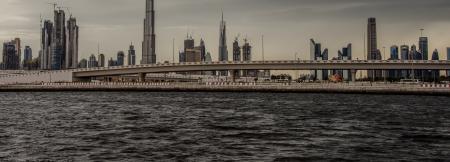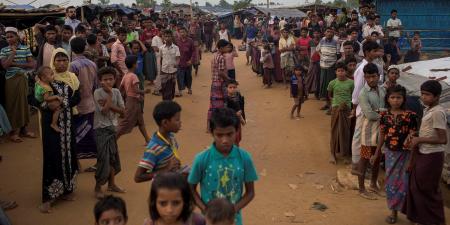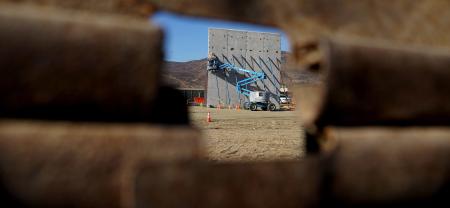Programs & Projects

Migration and Border Policy
In 2016 and 2017 the Lowy Institute conducted a significant research project to produce independent research and analysis on the challenges and opportunities raised by the movement of people and goods across Australia’s borders. An important goal of the research was to put Australia’s experiences in a broader regional and global context.
The Migration and Border Policy Project included workshops and roundtables which bring together external experts and government officials in an effort to build genuinely strategic approaches to complex migration and border issues. It also included annual Border Policy Research Fellowships in which an officer of the then Department of Immigration and Border Protection undertook research on migration and border policy issues at the Lowy Institute.
The Project was supported by the Australian Government’s then Department of Immigration and Border Protection.
